Molecular dynamics offer ways to improve lipid-based therapeutic delivery systems.
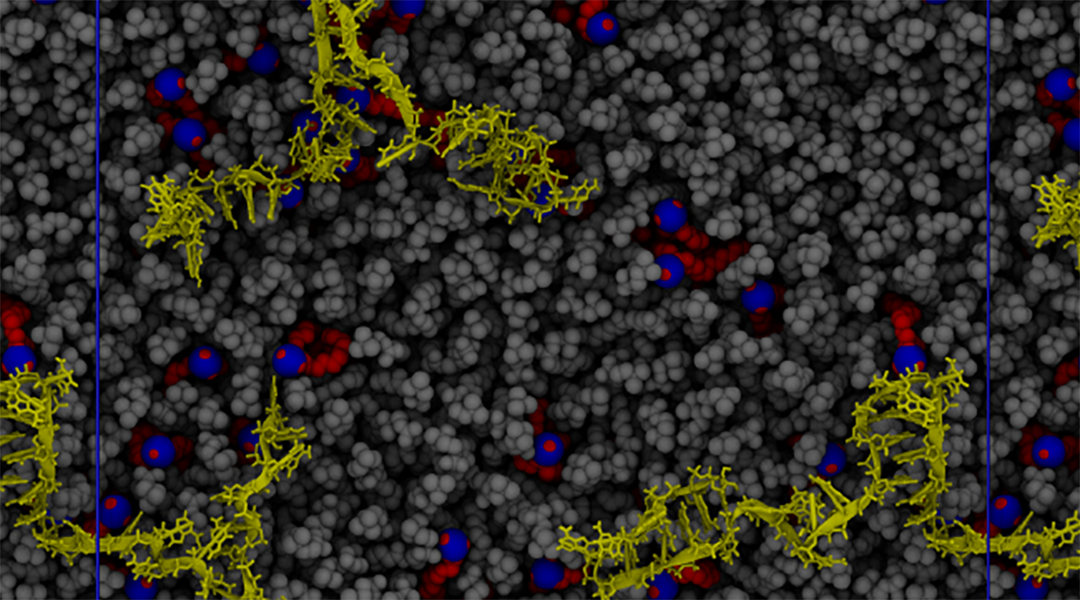

Molecular dynamics offer ways to improve lipid-based therapeutic delivery systems.
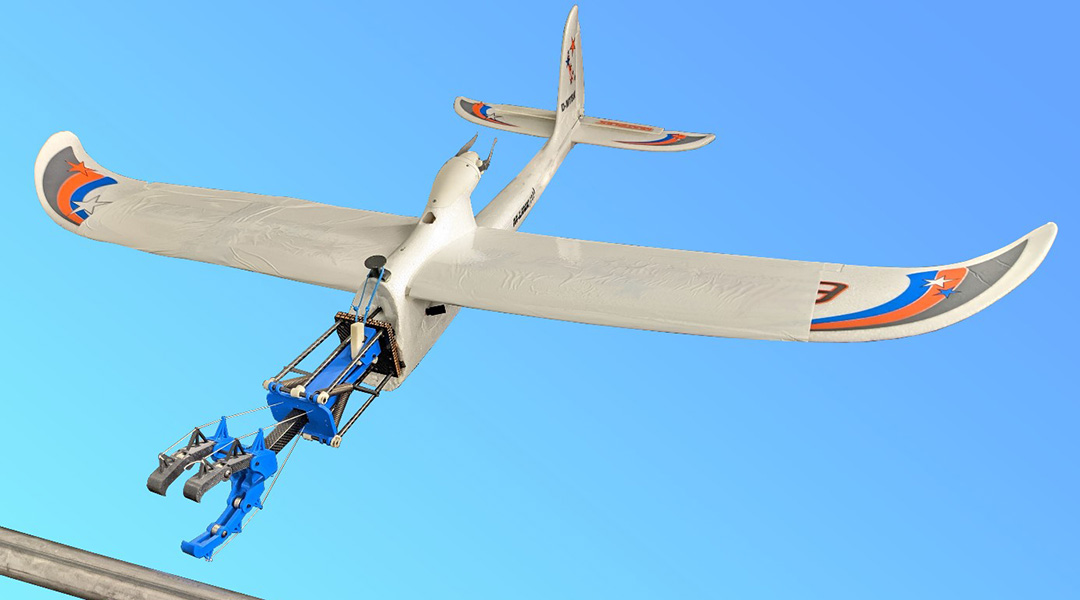
A simple crash landing allows drones to perch while minimizing the need for complicated control strategies that increase computational load.
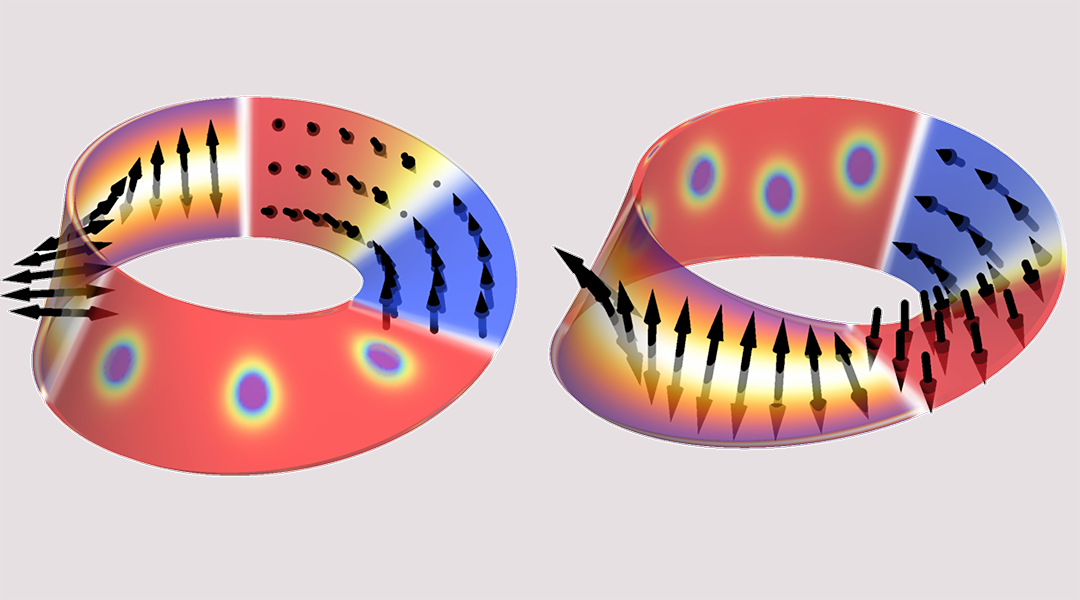
Predicting the properties of materials made easier through an understanding of their curvilinear geometries.
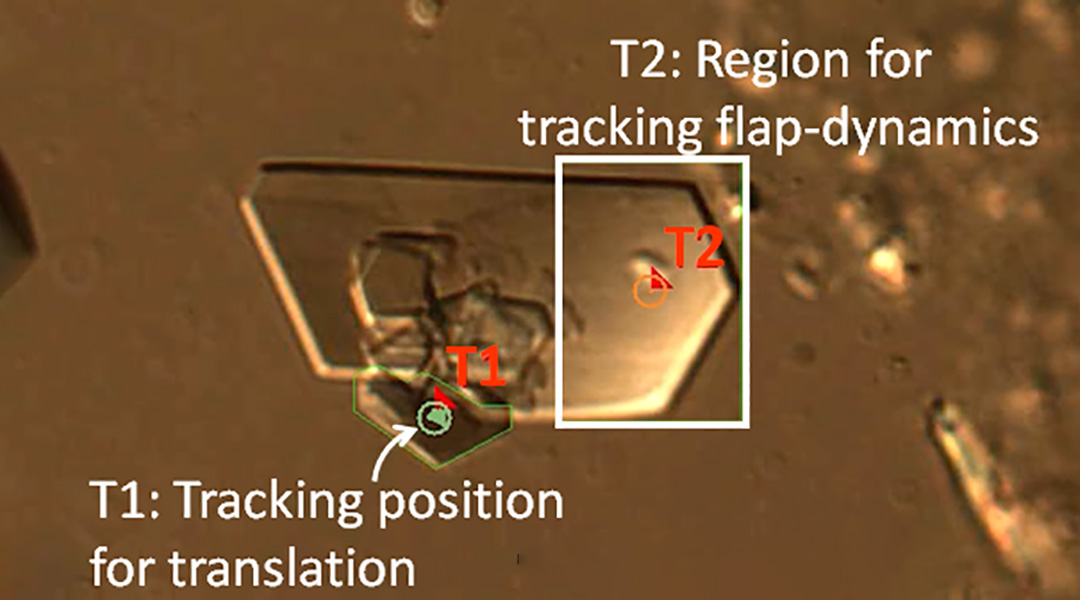
Synthesized microrobots capable of converting their mechanical motion into a means of self-propulsion.
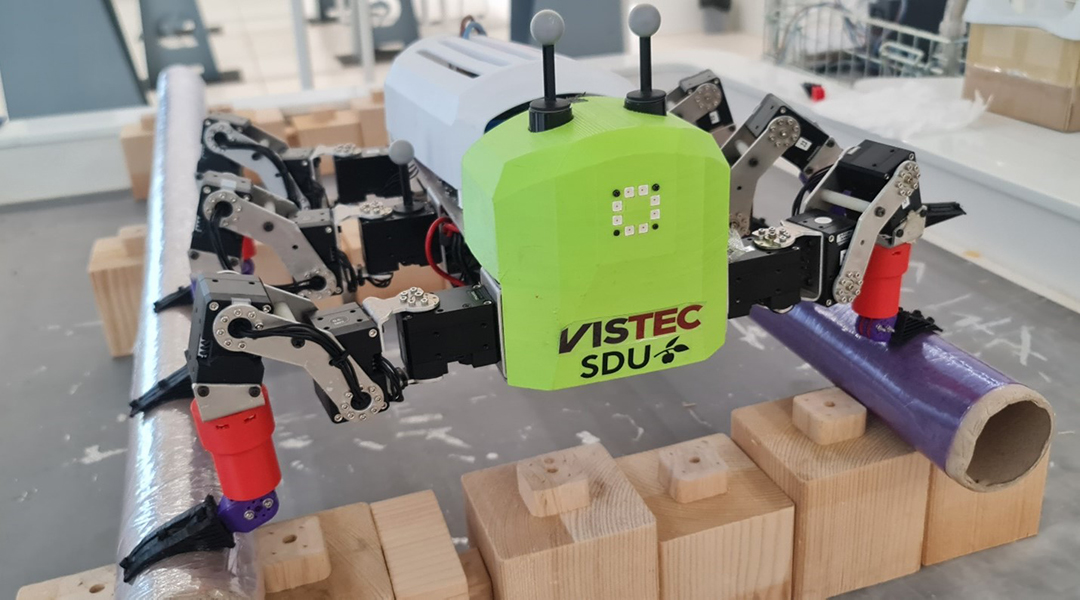
An insect-inspired technology helps break a 25-year-old paradigm in robotics.

Nanoparticulate formula together with light augmentation could realize the potential for intranasal vaccines to protect against respiratory viruses.
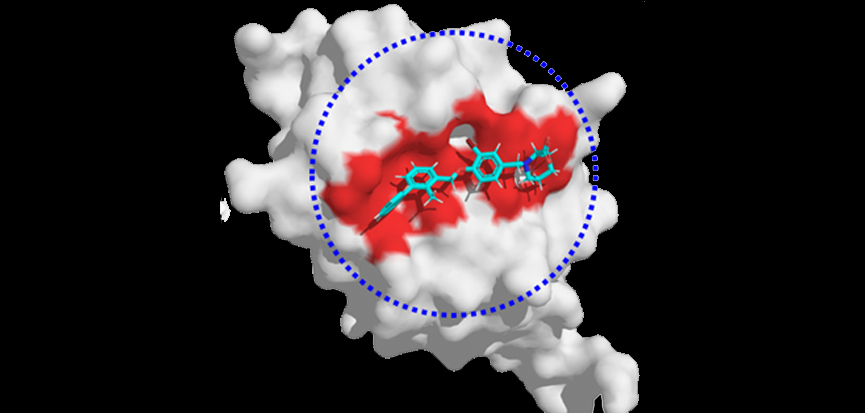
Artificial intelligence and machine learning are playing increasing roles in drug discovery, potentially saving significant time and money.

DNA robots built to transverse fluidic cell membranes and control cell function for future regenerative and cell-based therapies.
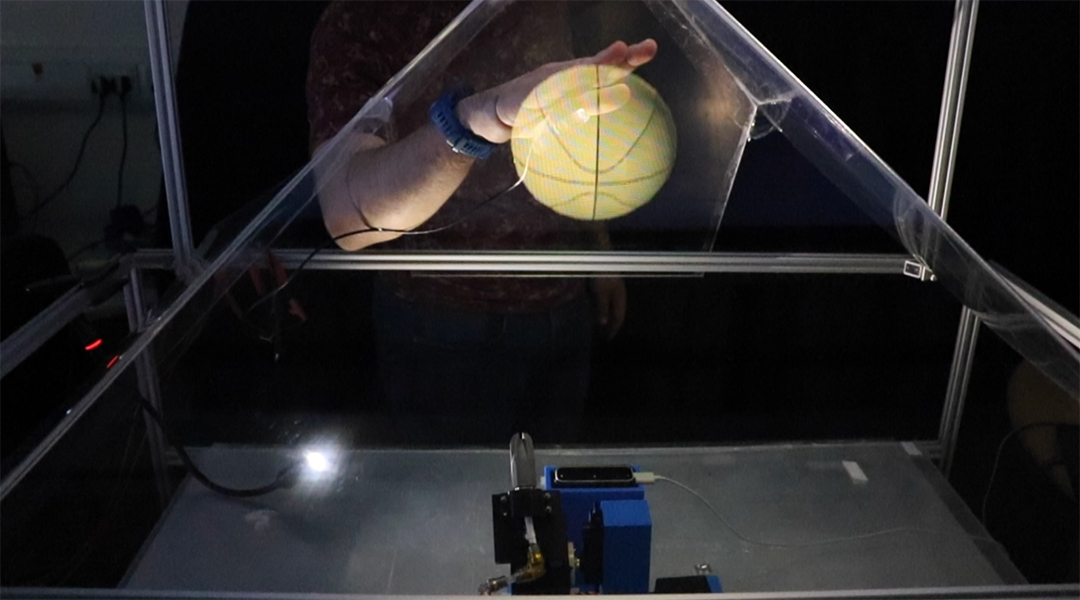
Researchers create a holographic system which users can freely and physically touch without the need for any intermediary devices.

What good is a fast computer if you can’t rely on it?